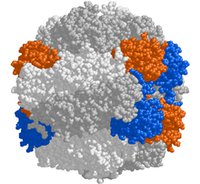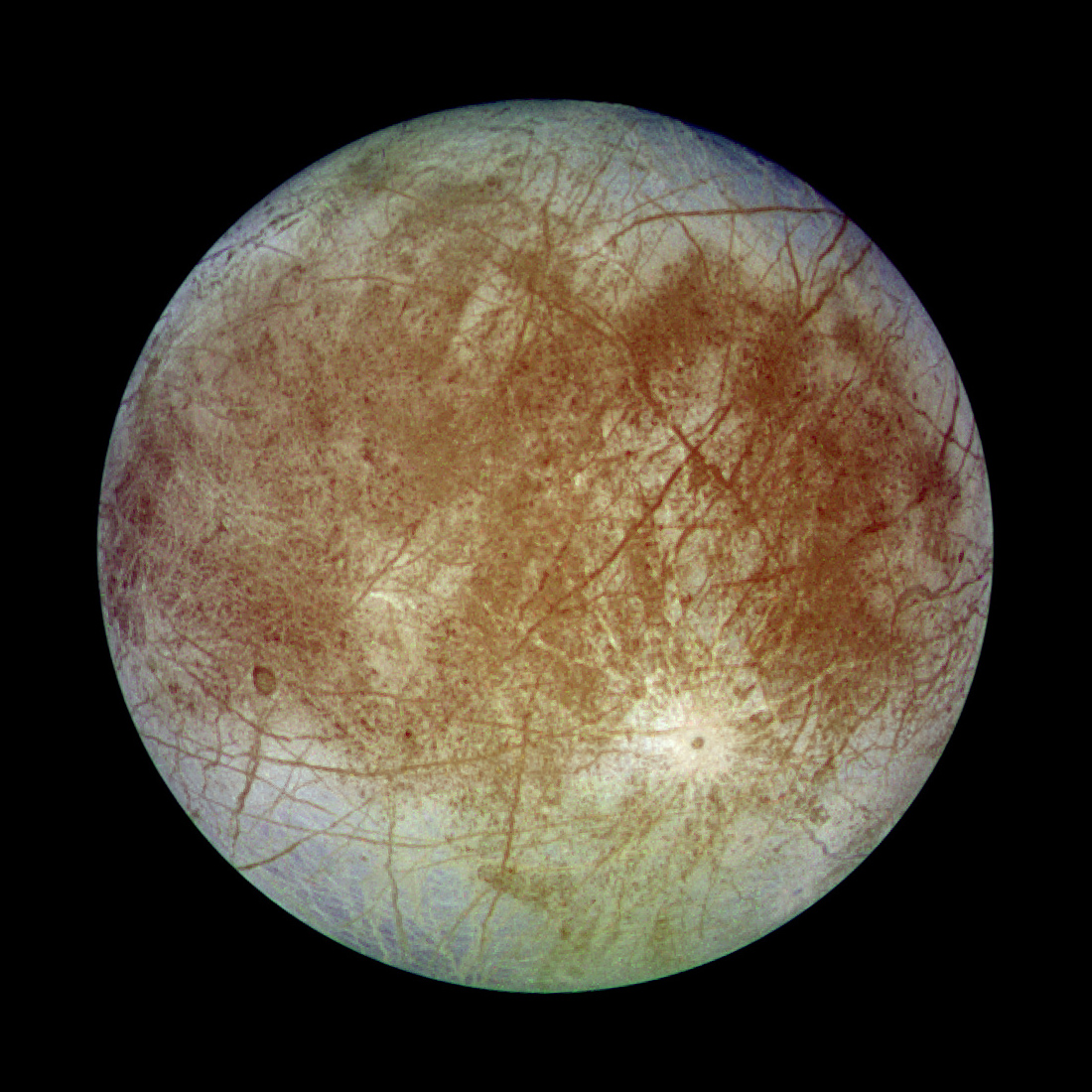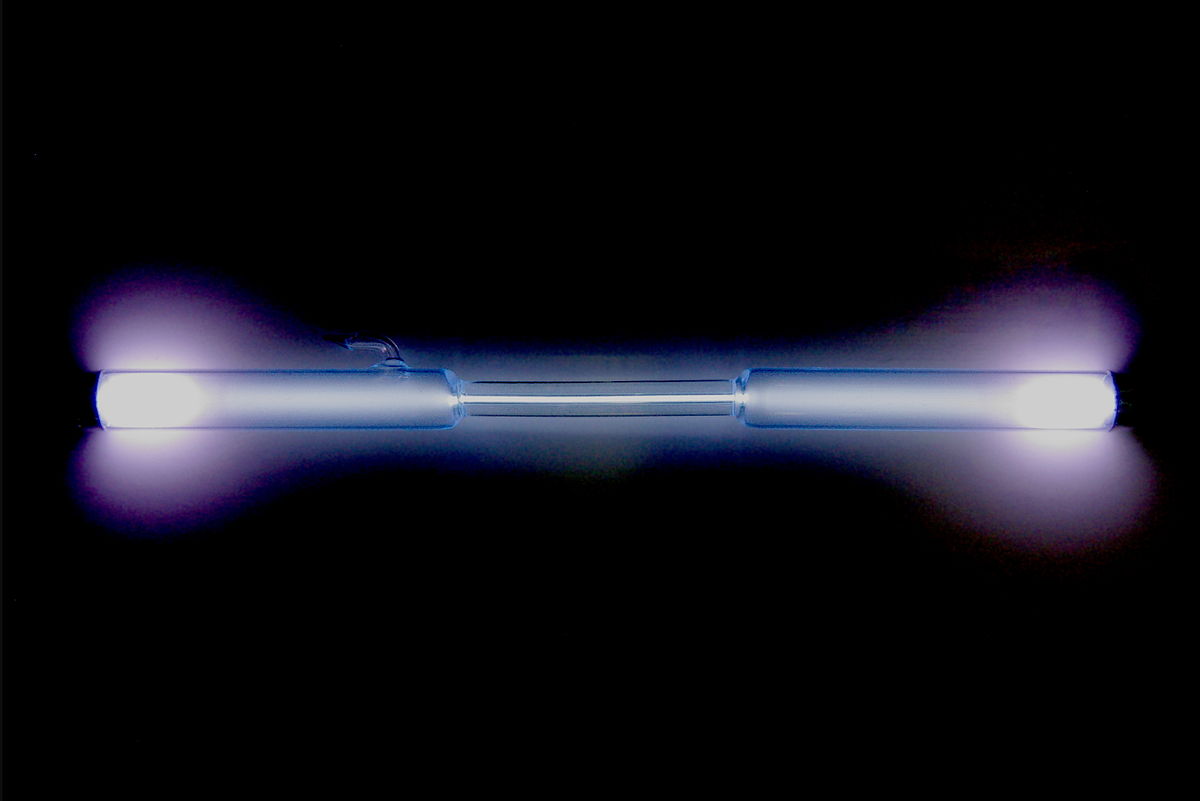
Over 99 % of all organic carbon on Earth has been fixed from CO2 by the enzyme, Rubisco. This enzyme is found in all plants, algae, cyanobacteria and in some bacteria and archaea. Rubisco evolved nearly 3 billion years ago and its subsequent role in oxygenic photosynthesis has helped transform our planet’s atmosphere to one that is low in CO2 and high in O2. Despite Rubisco’s long history and its dominant role in autotrophic carbon fixation, it is poorly suited to fix CO2. Rubisco is big and slow, with a low affinity for CO2, and is competitively inhibited by O2 – a significant problem in a highly oxygenated world. This talk will discuss the evolutionary path of Rubisco, how it came into prominence and will discuss its role in transforming Earth’s climate. Furthermore, I will explain how Rubisco is adapted to different environments and how modern day organisms overcome Rubisco’s inherent inefficiency.
 Getting Under Europa’s Skin
Getting Under Europa’s Skin Tracing Formation and Evolution of Outer Solar System Bodies Through Stable Isotopes and Noble Gas Abundances
Tracing Formation and Evolution of Outer Solar System Bodies Through Stable Isotopes and Noble Gas Abundances Photosynthesis, a Planetary Revolution
Photosynthesis, a Planetary Revolution Xenon: King of the Gases
Xenon: King of the Gases